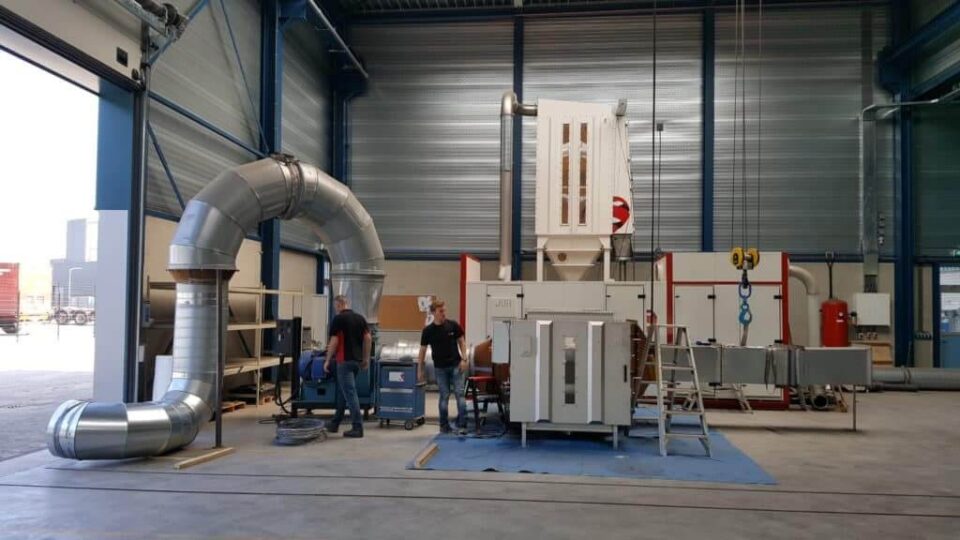To maintain a clean and safe working environment in various industries, industrial filtration is very vital. These are systems that eliminate impurities from air, fluids, or gases, thus making them usable while at the same time protecting personnel and equipment involved. Industrial filtration systems ensure safety, efficiency and productivity of industrial operations by removing contaminants from these elements.
The Significance of Filtration
The quality of the air and liquids, as well as the longevity of the equipment that creates high-quality products, determine how healthy industrial environments are for workers. Chemical impurities, dust or any other tiny substances can be harmful if not properly controlled. Therefore, effective filtration ensures safer workplaces and better performance.
Different Types of Industrial Filtration Systems
Different forms of industrial activities dictate the kind of system to employ in terms of filtering process. Examples include air purification methods like baghouse filters, electrostatic precipitators, and cartridge filters, among others, that remove airborne pollutants.
Liquid filtration systems similarly cleanse water, oils, or chemicals using membrane filter techniques, centrifugation, and efficient coalescing. Gas filtrations usually used in petrochemicals and natural gas processing utilize activated carbon filters as well as scrubbers for purifying gases.
Innovations in Filtration Technology
Efficiency and effectiveness have been greatly improved due to recent developments in filtration technology, especially with regard to industrial filtration systems. For instance, nanofiber technology has increased particle capture rates while also extending durability through advanced media designs.
Real-time monitoring via IoT integration along with predictive maintenance tools have enabled optimal performance at all times, reducing nonproductive hours caused by breakage. Besides bringing down costs for running such units, energy-saving innovations have been adopted, as have encouraging waste control measures, resulting in a cleaner environment.
Ensuring Compliance and Safety
It is necessary for industries that use industrial filtration to comply with regulatory standards set by OSHA (Occupational Safety and Health Administration) and the EPA (Environmental Protection Agency). These rules determine parameters for air pollutants and limits of exposure to certain chemicals, among other things. The lives of employees must be ensured by following these directions, and protecting the environment is considered a key part of industrial activities.
Challenges and Opportunities
Despite the numerous benefits derived from industrial filtration, there are also several challenges facing the industry. Obstacles may include substantial initial costs in purchasing commercial-grade filtration systems or complexities related to installation processes, including regular repairs & maintenance. In addition, personnel with expertise are needed to operate and maintain such advanced systems.
The long-term benefits of cleaner air and water supplies, safer working conditions for employees, and compliance outweigh these difficulties. Modern innovations as well as growing interest in eco-friendly measures have presented an arena where manufacturers can explore opportunities within this niche, hence providing growth prospects.
Clean and Safe with Industrial Filtration
In order to ensure safe and clean working environments for different industries, there is a need for industrial filtration. When gases, liquids, or air are contaminated through this method, it improves health conditions at work as well as product quality output while conforming to environmental regulations.
Given this ongoing transformation across sectors coupled with emerging environmental concerns, being able to rely on strong and creative filtration systems has become more important than ever before in maintaining industrial viability over time.

